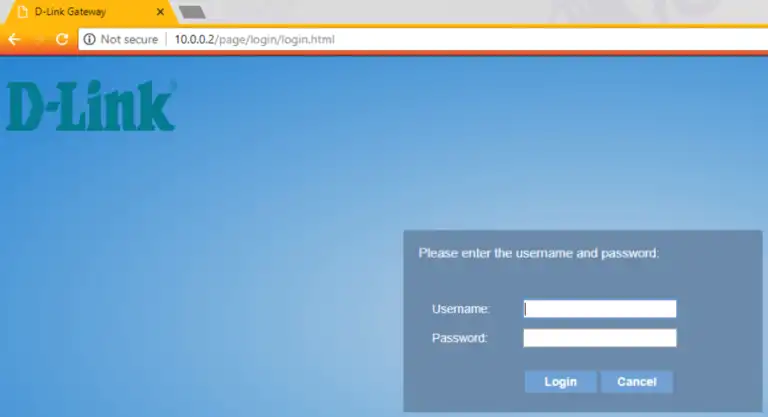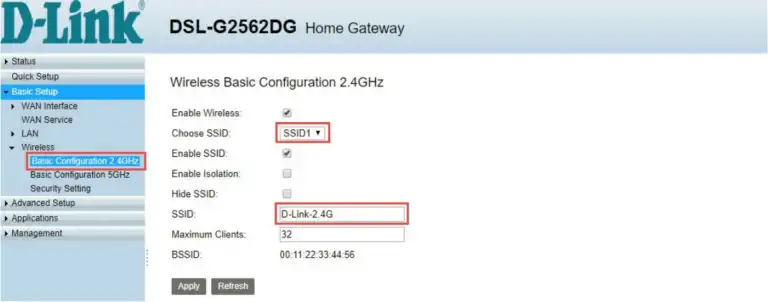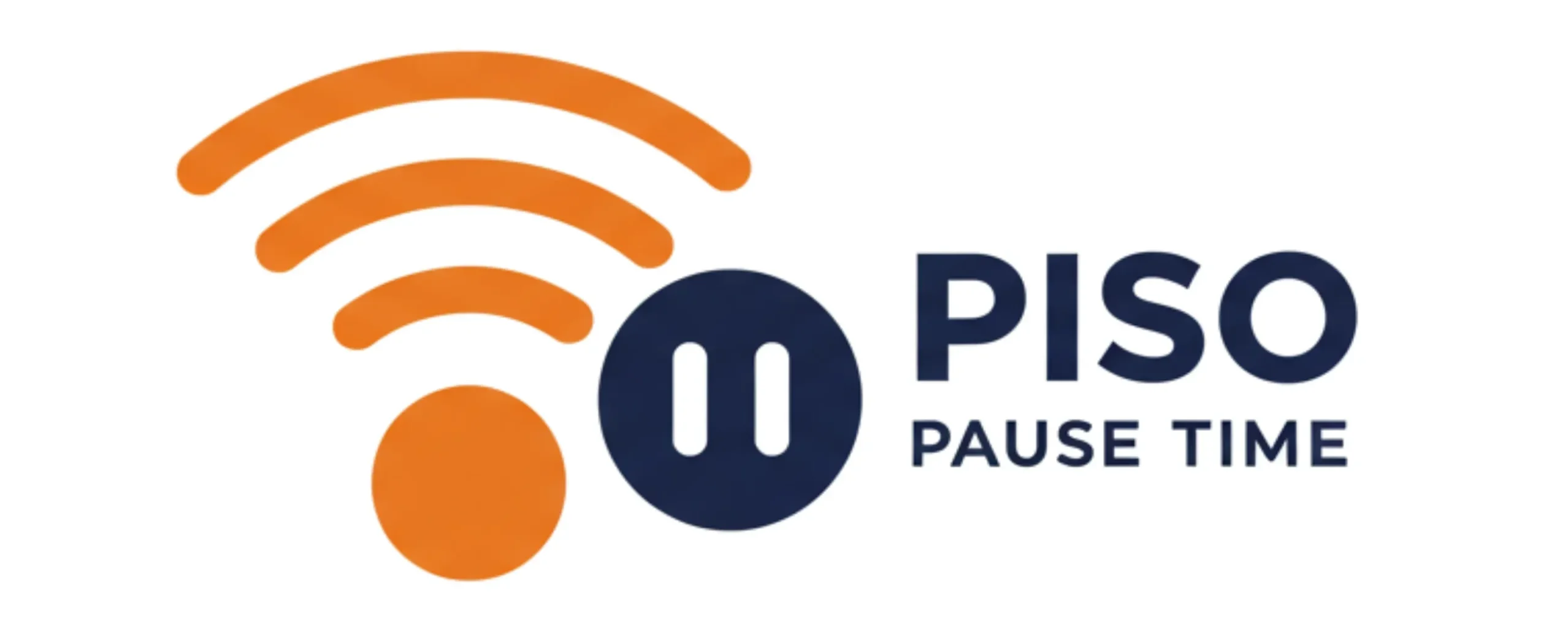10.0.0.2 – 10.0 0.2 Admin Login
10.0.0.2 is a private IP address commonly used by Telkom D-Link routers. You can use it to log into the router’s admin panel and change settings like your WiFi password, SSID, and more by visiting http://10.0.0.2.
Why is 10.0.0.2 Important?
10.0.0.2 is commonly used as a default gateway IP address for routers and modems from brands like Cisco, Xfinity, and Motorola. It allows users and administrators to access router settings to change Wi-Fi passwords, update firmware, set parental controls, or configure network settings.
Devices That Use 10.0 0.2
Not all devices use 10.0.0.2. Some popular routers use 192.168.0.1 or 192.168.1.1, but brands or network administrators may assign 10.0.0.2 as:
- The IP address of a secondary router in the network
- A gateway IP for specific subnets
- A backup access point
- An internal IP for DHCP servers
How to Login to 10.0.0.2
Important: Ensure your device is connected to the Telkom D-Link router’s WiFi before logging in to the gateway. You won’t be able to access the settings if your device is on another network or if there’s no active connection. Check your WiFi settings and confirm you’re on the correct network before proceeding.
- Open your internet browser, click the top bar (address bar), type 10.0.0.2, and press Enter.
- First, type ‘admin‘ where it says Username and also ‘admin‘ for Password, then click the Login button to sign in.

- You will be signed into the Telkom D-Link Gateway. This means you will be able to access the system and use its features.
Default Login Credentials (common values):
Username: admin
Password: password
⚠️ Tip: If these don’t work, check the label on your router or consult the manual.
What Can You Do After Logging In?
Once logged in, you can configure router settings like this:
- Change Wi-Fi name (SSID) and password
- Update router firmware
- Set parental controls
- Enable or disable the firewall
- Port forwarding for gaming or security cameras
- Create a guest Wi-Fi network
These settings help boost security, speed up performance, and manage connected devices.
How to Change WiFi Name and Password on a Telkom D-Link Router?
- Open a browser, type the router IP (like 192.168.0.1), press Enter, then enter the username and password to login.
- First, go to the Basic Setup menu. Then click on Wireless. After that, choose Security Settings to see the options for making your Wi-Fi safe.
- Type your WiFi password in the box that says ‘WPA Preshare Key‘. After that, click the ‘Apply‘ button to save the password and connect to the internet.

- Go to the Basic Configuration 2.4GHz section. Type your WiFi name in the SSID box and click Apply to save it.

- To change the WiFi name for the 5GHz band, click on Basic Configuration 5GHz.
There, you can type a new name that will show when people connect.
10.0 0.2 vs. Other IP Addresses
| IP Address | Type | Common Use |
|---|---|---|
| 10.0.0.1 | Private IP | Default gateway for some routers |
| 10.0.0.2 | Private IP | Secondary router, internal gateway |
| 192.168.0.1 | Private IP | Default for Netgear, D-Link routers |
| 192.168.1.1 | Private IP | Common default for Linksys routers |
| 127.0.0.1 | Loopback IP | Used to test network interfaces |
Technical Details of 10.0.0.2
- Class A IP Address
- Subnet Mask: Often
255.0.0.0 - Not routable on the public internet
- Used in corporate and home networks
Who Assigns 10.0.0.2?
This IP is usually provided by the network administrator. It can also be set up automatically using DHCP (Dynamic Host Configuration Protocol). You can also set it manually if necessary.
Safety Tips for Using 10.0.0.2
- Never leave default passwords unchanged
- Enable WPA3 or WPA2 for Wi-Fi security
- Regularly update router firmware
- Limit access to admin settings
- Monitor connected devices regularly
Frequently Asked Questions (FAQs)
Conclusion
The IP address 10.0.0.2 plays an important role in private networks. Knowing how to access and manage your router is key. It helps you control your home or office Wi-Fi. You can use it as a default router address or a secondary IP for internal needs.
To keep your network secure, update your credentials often. This way, you’ll enjoy a smooth and safe internet experience.
